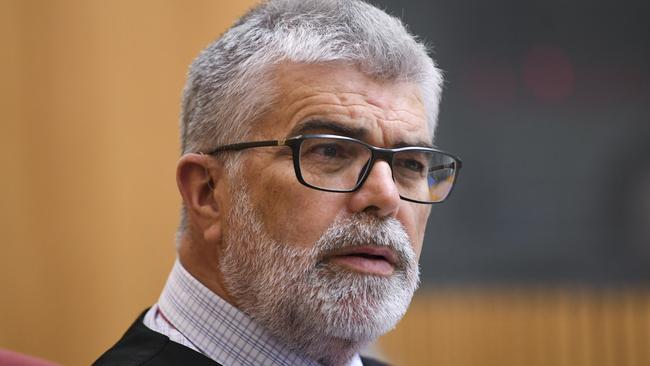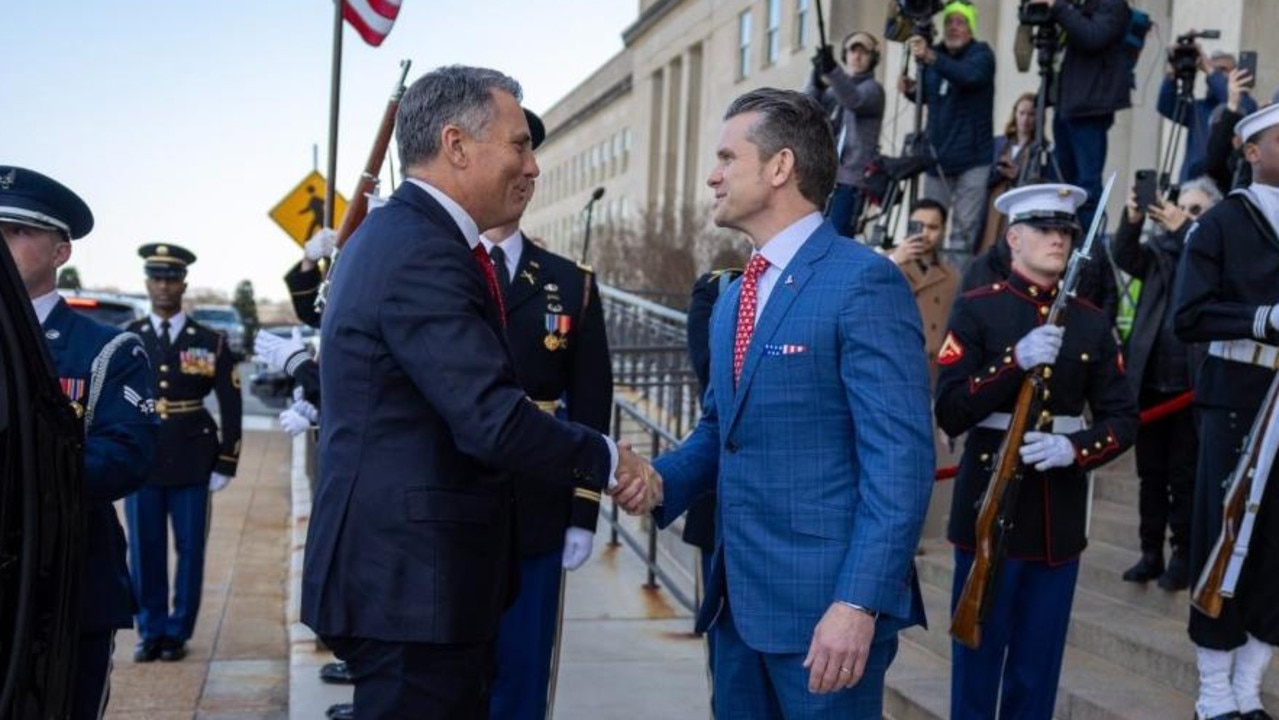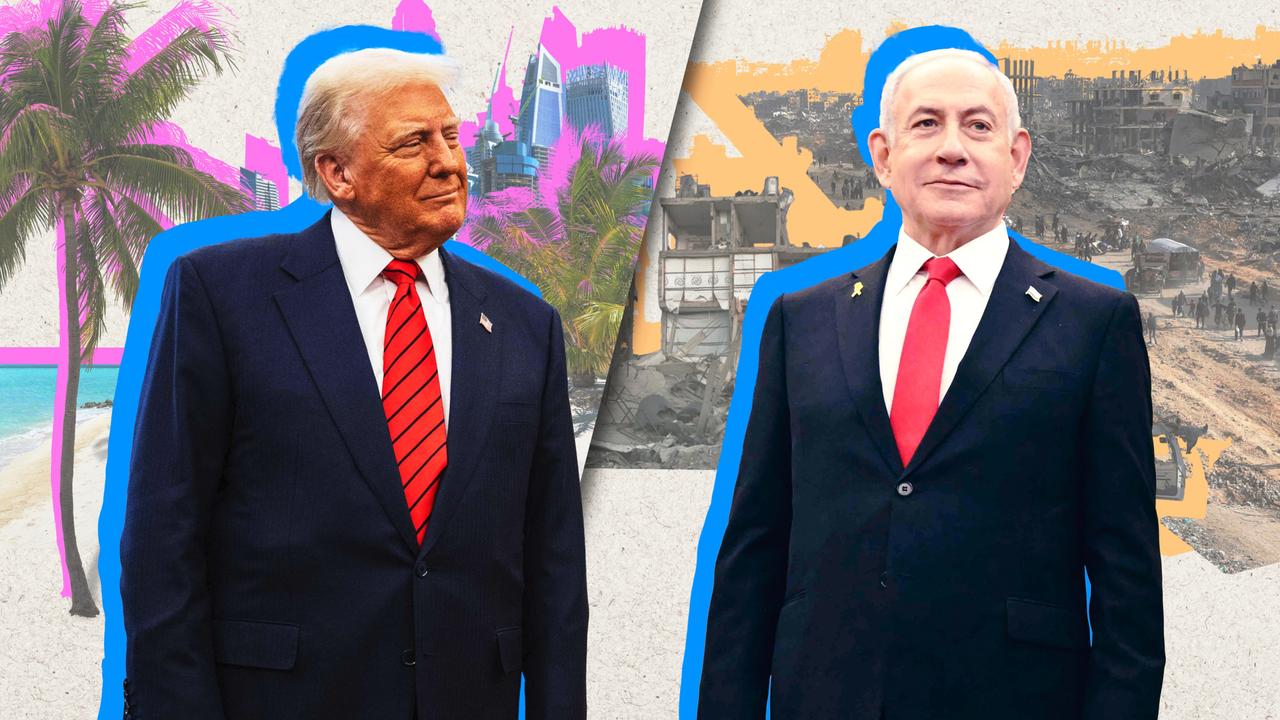Kim Carr’s ‘electric mythology’ line defies party goal
Bill Shorten’s industry spokesman last year warned electric vehicles posed serious social issues.

Kim Carr, Bill Shorten’s industry spokesman, last year warned that electric vehicles posed serious social issues and would require a one-third expansion in electricity production.
Senator Carr, who has a long history of supporting the domestic auto industry dominated by traditional carmakers Ford, Holden and Toyota, urged a Senate committee to consider “the reality versus the mythology” of electric vehicles, just six months before standing alongside Mr Shorten to launch Labor’s signature electric car policy.
The left-wing powerbroker has also strongly argued against “pumping up the tyres” of imported electric vehicles, batting away calls from the Electric Vehicle Council last year for up to $7000 worth of subsidies for every EV sold.
Senator Carr, who will head Labor’s electric vehicle-led bid to rejuvenate Australia’s car industry, last year expressed scepticism over the suitability of the cars outside major cities, and questioned whether they could be used as “batteries on wheels” — as claimed by advocates — to manage peaks in energy use.
The Victorian senator told the Senate’s electric vehicle inquiry, chaired by independent senator Tim Storer, that the high cost of electric vehicles would put them beyond everyday drivers. “The electrification issue does pose really serious social (issues). There’s an in-built demographic question there about people who can afford the Tesla, versus some of these smaller vehicles,” he told the committee last September.
“And if you’re away from a regional centre of any size then the capacity to actually use these vehicles is somewhat limited. So I think that needs to be clear when we’re talking about the reality versus the mythology.”
Senator Carr tackled the head of the Fast Cities consortium during the inquiry, questioning his suggestion that electric vehicles would stabilise the energy network without the need for a one-third expansion in energy output. “What evidence do you have for this?” he asked Fast Cities head of corporate development Paul Fox. “No one else is telling us that this is going to be able to be done without an expansion in the capacity of the grid.”
Senator Carr said more batteries were “not the answer to our energy problems”, declaring: “If you put a one-third increase in demand on the energy system, we’re going to actually need to increase our generation capacity.”
He said yesterday he stood by his comments, arguing regulatory changes were needed before electric car batteries could be used to feed back energy into the grid to ensure car warranties were not voided. “We have to change the regulations, we have to change the building codes,” he said. “This is one of the theories that is constantly put forward, but it needs to be put into context with the regulatory changes that are required.”
He said the government had offered “no policy direction” on the introduction of electric vehicles, which Labor wants to increase to 50 per cent of new vehicles sold by 2030. The government estimates they will make up 25 per cent to 50 per cent of new car sales by 2030.
Labor plans to offer assistance to electric vehicle carmakers in Australia through its proposed $1 billion advanced manufacturing fund. “I would like to see us make electric cars in Australia because Australians are top-class manufacturers when you have a government who supports them,” Mr Shorten said last week.
Senator Carr’s comments came as a photograph emerged on social media of Josh Frydenberg’s election campaign vehicle, a plug-in hybrid Mitsubishi Outlander.
The Treasurer is a big supporter of rechargeable cars, declaring last year there would be a million on Australian roads, up from about 8500, by 2030.
The Senate’s electric vehicle inquiry found electric vehicle uptake in Australia lagged behind comparable countries due to “a relative absence of overarching policy direction” from the government.
“In the committee’s view, widespread use of EVs in the Australian transportation fleet would deliver significant economic, environmental and health benefits to Australian consumers and society,” the inquiry found.
“It would also create new opportunities for Australian industry.”
Energy Minister Angus Taylor said the Coalition was concerned that Labor’s plan to cut carbon emissions from transport would hit everyday voters.



